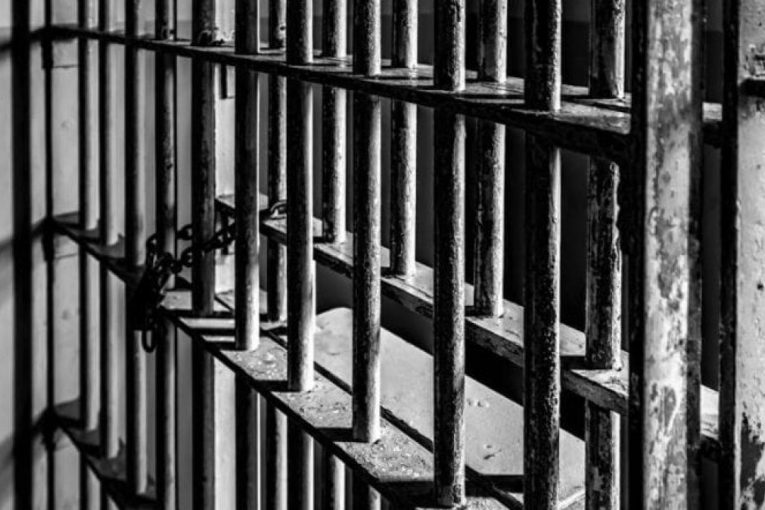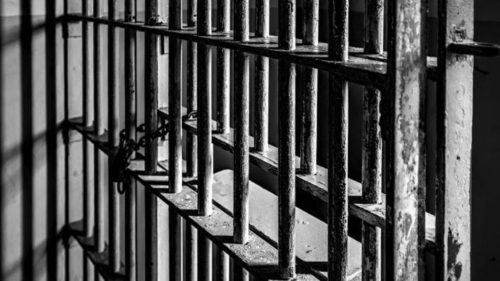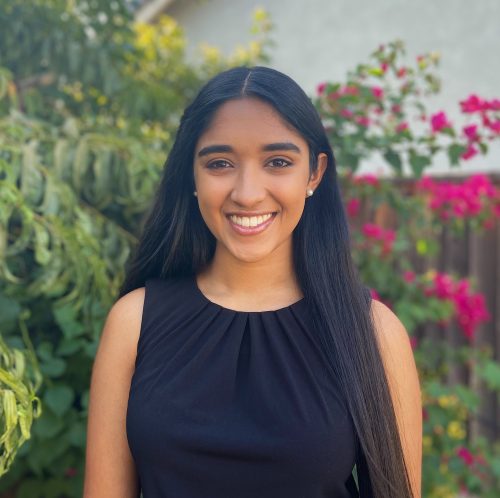

By Kritika Singh
UNITED STATES— Approximately one year into the deadly coronavirus pandemic, several states and prison systems have begun resuming in-person visits.
The ability to resume in-person visitation comes in the wake of COVID-19 restrictions being loosened across the country. Although the COVID-19 pandemic is not over, the Department of Corrections (DOC) has been more optimistic that cases will continue to decline as more individuals get vaccinated. Declining cases have now allowed the incarcerated to meet their loved ones without endangering themselves or staff members.
In-person visits, however, will look drastically different than they have in the past. Of the eight corrections systems that have resumed visitation, all will be adding safety precautions and limitations.
The Michigan Department of Corrections, for example, plans to separate visitors from their loved ones with plexiglass shields. Additionally, both the incarcerated and their visitors take rapid antigen tests before the visit. Visits must be scheduled 48-72 hours in advance and mask-wearing will be enforced. 
Due to these restrictions, virtual sessions remain a popular option for many families, such as that of Roger Boatswain. Boatswain is serving time at James T. Vaughn Correctional Center in Delaware and has not seen his fiancée for a year. The couple says they will continue to utilize virtual sessions until in-person visits become less regulated.
Boatswain’s fiancée Yvonne Davis explains, “It will be more stressful for me to drive down, have a partition with a mask … The plexiglass within itself is going to create a sound barrier. We wouldn’t be able to hear each other.”
Others are eagerly looking forward to the day when they will be able to reunite with their friends and family, even if only from opposite ends of a divider. One such individual, Christopher Blackwell, is incarcerated in Washington state, where corrections systems are only allowing in-person visitations from attorneys.
Blackwell, like many individuals, is frustrated by the fact that bars and restaurants are allowed to reopen yet the incarcerated are not afforded the right to see their significant others, children, and other family members.
He questions whether the Department of Corrections is truly acting out of concern for the safety of those incarcerated, explaining that “in my unit alone, 98% of us have already contracted the virus, so it begs the question: what exactly are they protecting us from at this point? If the DOC continues to withhold these essential moments from prisoners and their loved ones, the harm and trauma suffered will exceed what can be sustained and could leave prisoners without the support and bonds they, just like any human being, deserve.”
Others have underscored the fact that a year into the pandemic, staying in contact with family members through phone calls and virtual visits has become financially unsustainable. In Washington, a 20-minute phone call costs $2.20 (not including fees), which would require an individual who makes 43 cents an hour—the average wage for incarcerated people in the state—to work for over five hours.
Many people are therefore dependent on their loved ones to financially support them, but even this is a difficult venture. Prison systems typically charge $3-$9.95 to add money to a phone account; with many accounts maxing out at $50, families would have to pay exorbitant amounts of money just to stay in contact with those in prison.
While the incarcerated and their families are anxiously awaiting a reduction of visitation restrictions, prison officials remain adamant in their reopening decisions. As described by Dr. Robert Lawrence, the chief medical officer at the Alaska Department of Corrections, ““It’s not a light switch kind of thing. It’s more like a dimmer switch, where we slowly say, ‘Okay, we have now reached both a vaccine level and a community transmission level, where we can slowly start opening.’”
Over the coming months, it will be important to determine whether the COVID-19 policies are being alleviated in a way that allows incarcerated individuals to visit their loved ones while ensuring health and safety.
 Kritika Singh is a writer for The Vanguard at Berkeley’s prison reform desk. She is a freshman at UC Berkeley studying Political Science. She is from Tracy, CA.
Kritika Singh is a writer for The Vanguard at Berkeley’s prison reform desk. She is a freshman at UC Berkeley studying Political Science. She is from Tracy, CA.
To sign up for our new newsletter – Everyday Injustice – https://tinyurl.com/yyultcf9
Support our work – to become a sustaining at $5 – $10- $25 per month hit the link: